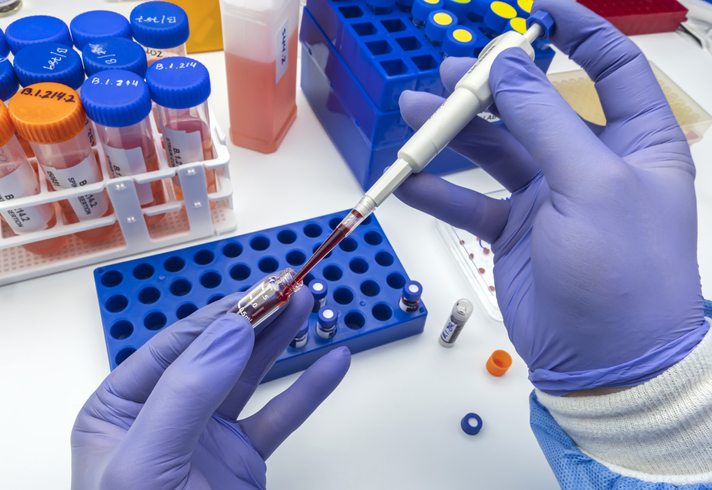Among the many specialists who may become involved in care for families affected by hemolytic disease of the fetus and newborn (HDFN), pediatric hematologists play a central role.
These physicians specialize in disorders of the blood in infants and children, and their expertise is often key to managing both immediate complications and long-term outcomes of HDFN.
Guiding families through an HDFN diagnosis
HDFN occurs when a baby’s red blood cells are destroyed by maternal antibodies. It is often first identified during pregnancy, but in some cases the diagnosis becomes clear only after birth.
Pediatric hematologists are usually among the first specialists called when a newborn shows signs of anemia or jaundice beyond what’s expected. They interpret laboratory results, confirm the degree of hemolysis and explain the condition to families in clear, compassionate terms.
Learn more about the HDFN care team
Managing complications
One of the main responsibilities of pediatric hematologists when working with families affected by HDFN is addressing anemia, which can develop quickly as maternal antibodies continue to destroy the infant’s red blood cells. Treatments may include blood transfusions to restore red blood cell levels and support oxygen delivery to tissues.
Learn more about HDFN prognosis
At the same time, these specialists closely monitor and treat jaundice, which results from the breakdown of red blood cells. High levels of bilirubin can pose a risk to a baby’s brain if not controlled. Pediatric hematologists coordinate interventions such as phototherapy or, in more severe cases, exchange transfusions to keep bilirubin levels safe.
Coordinating care with other specialists
HDFN often requires input from multiple specialists, including neonatologists, maternal-fetal medicine doctors and transfusion medicine experts.
Pediatric hematologists often act as a bridge, ensuring that each part of the baby’s care is well coordinated. They are deeply involved in planning transfusions, choosing the right blood components for those transfusions and monitoring the infant’s response to therapy.
Supporting families beyond the newborn period
The role of pediatric hematologists doesn’t end once the baby leaves the hospital. Some infants affected by HDFN continue to need follow-up for weeks or months, as maternal antibodies can remain active in the bloodstream for some time.
Follow-up visits with a hematologist may involve checking blood counts, monitoring growth and development and watching for delayed anemia. These ongoing evaluations can provide reassurance to families and allow early intervention if new concerns arise.
Sign up here to get the latest news, perspectives, and information about HDFN sent directly to your inbox. Registration is free and only takes a minute.

